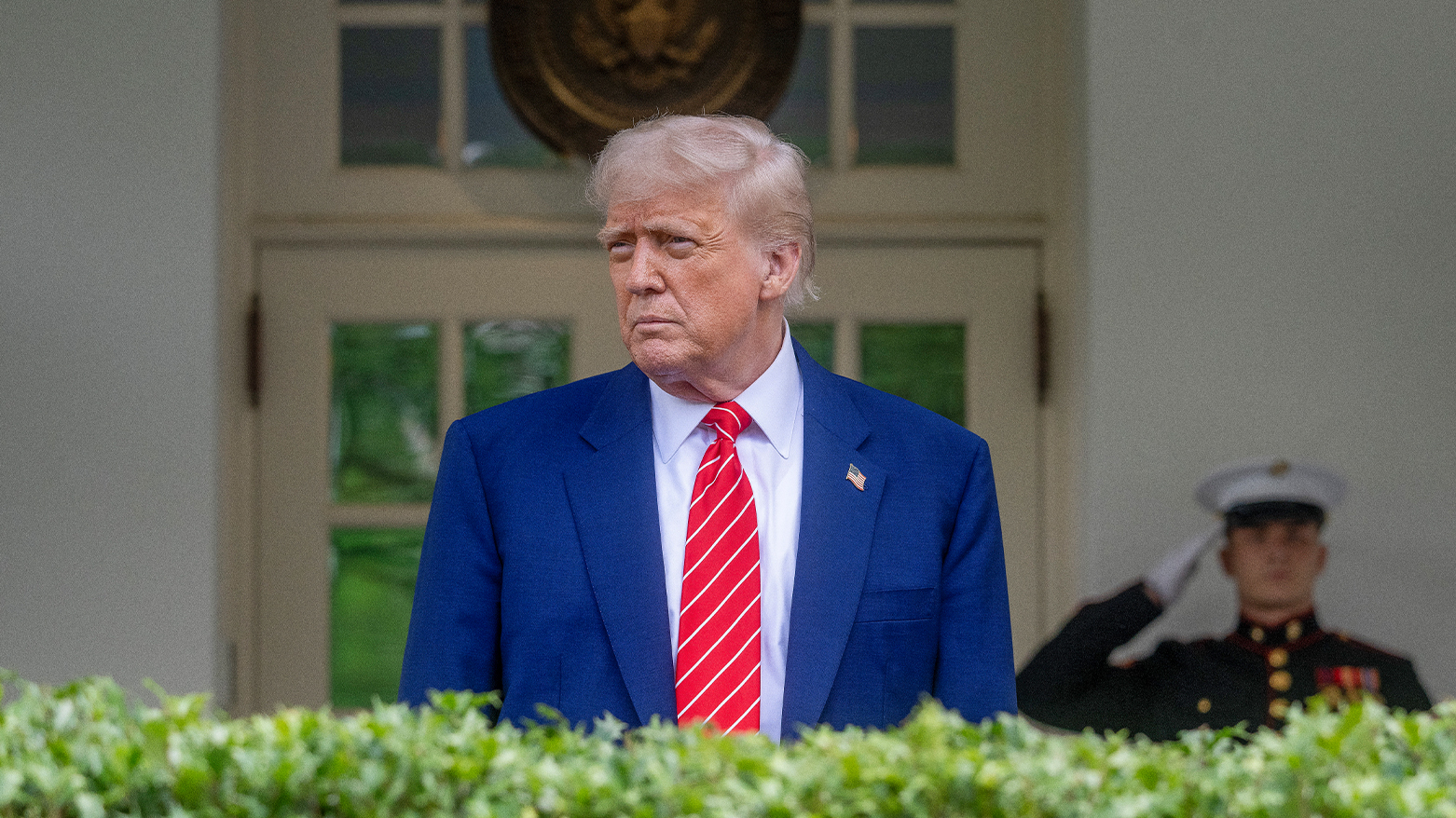'FULL AND IMMEDIATE CEASEFIRE,' Trump Announces India–Pakistan Truce
“After a long night of talks mediated by the United States, I am pleased to announce that India and Pakistan have agreed to a FULL AND IMMEDIATE CEASEFIRE,” US President Trump posted early Saturday on Truth Social.

By Kamaran Aziz
ERBIL (Kurdistan24) — In a dramatic overnight development, U.S. President Donald Trump announced that India and Pakistan have agreed to a full and immediate ceasefire following a tense week of escalating military exchanges between the two nuclear-armed neighbors. The breakthrough, which came after a series of urgent negotiations reportedly mediated by Washington, marks a significant de-escalation in what analysts had feared could spiral into one of the gravest regional crises in decades.
“After a long night of talks mediated by the United States, I am pleased to announce that India and Pakistan have agreed to a FULL AND IMMEDIATE CEASEFIRE,” Trump posted early Saturday on Truth Social. “Congratulations to both Countries on using Common Sense and Great Intelligence. Thank you for your attention to this matter!”
The ceasefire announcement follows days of deadly cross-border missile strikes, drone warfare, and artillery exchanges that pushed South Asia to the brink of all-out conflict.
According to earlier reports from The Washington Post, New Delhi launched deep strikes inside Pakistani territory targeting what it described as “terrorist infrastructure” in response to a mass-casualty attack in Indian-administered Kashmir last month. Islamabad retaliated with Operation Bunyan al-Marsus, hitting several Indian military sites, including airbases in Punjab and a BrahMos missile storage facility.
The rapid escalation triggered alarm bells worldwide, with the United States, European powers, the United Nations, and the Gulf states calling for immediate de-escalation. On Friday, U.S. Secretary of State Marco Rubio held direct talks with Pakistan’s Army Chief Gen. Asim Munir, urging restraint and offering American mediation to avert further escalation.
The crisis reached a critical juncture as Pakistan convened its National Command Authority—the body overseeing its nuclear doctrine—and India mobilized additional troops along its western border. Skirmishes were reported in multiple sectors across Kashmir, and both sides employed advanced drone and missile systems to target military and infrastructure sites. Civilian casualties were reported on both sides of the Line of Control, and panic gripped border communities from Punjab to Srinagar.
Though details of the U.S.-mediated talks have not yet been made public, Trump’s announcement suggests that American diplomatic pressure played a central role in pushing both governments back from the brink. U.S. officials, according to diplomatic sources in Washington and New Delhi, have been in continuous contact with both capitals since the conflict erupted on Wednesday.
The breakthrough was greeted cautiously by observers. Analysts warn that while the ceasefire may temporarily halt active hostilities, the underlying tensions—particularly over Kashmir and cross-border militancy—remain unresolved. In past crises, similar agreements have collapsed under renewed provocations.
However, the significance of the ceasefire cannot be understated. For Iraq and the broader Middle East, where Indian and Pakistani labor forces, diplomatic ties, and trade routes are deeply intertwined, a prolonged conflict could have had severe humanitarian and economic ramifications. Baghdad, along with several other Arab capitals, had quietly supported international calls for restraint.
As calm returns to the region, the world will be watching whether this diplomatic pause will be leveraged into a longer-term political solution. For now, the guns have fallen silent. But the path to lasting peace remains uncertain.
